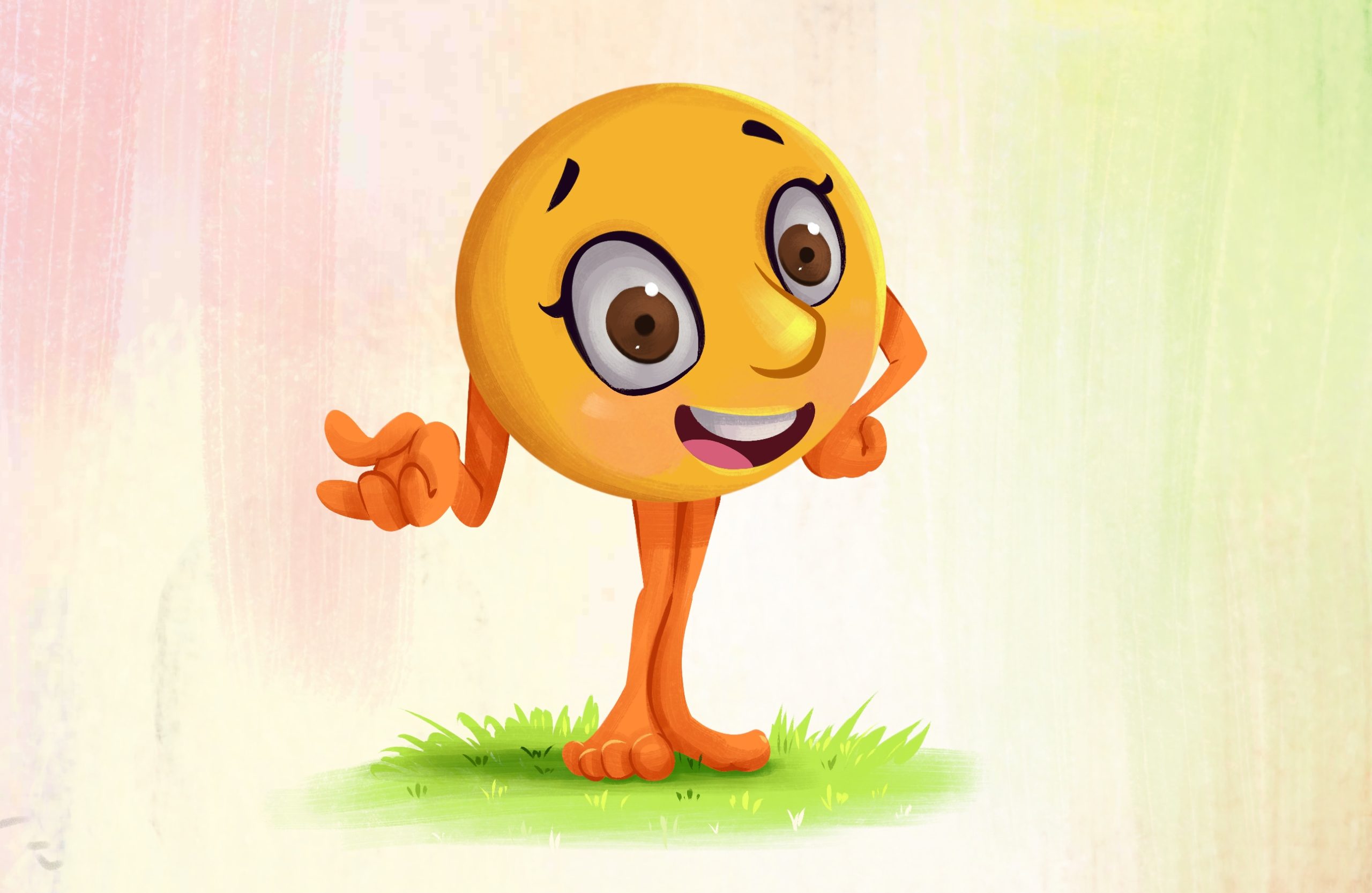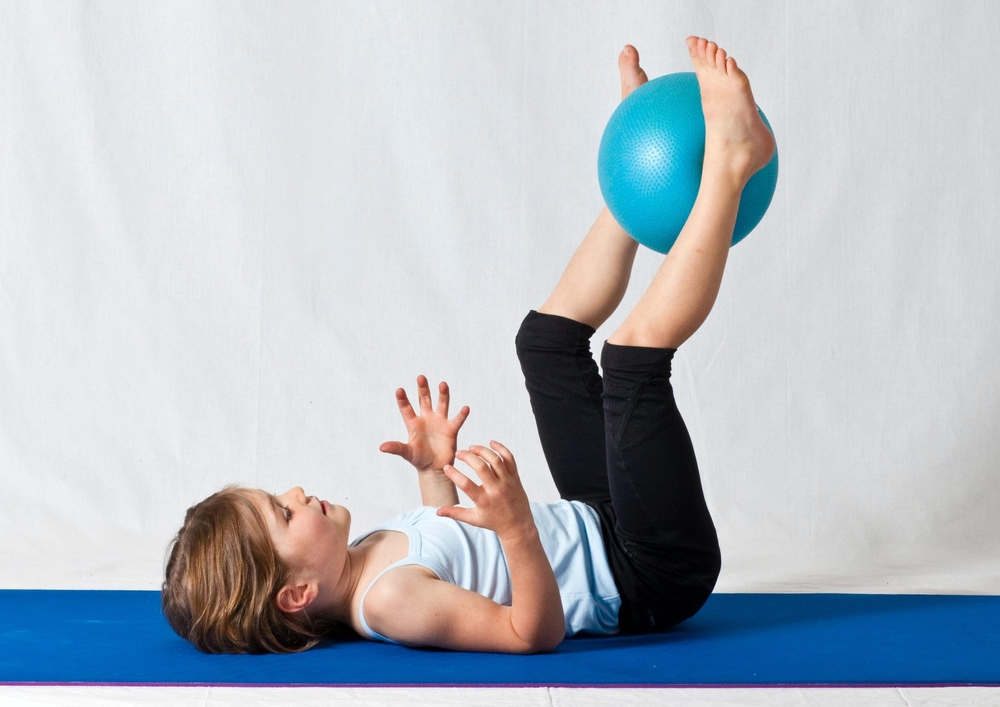Helping children reach their full potential through personalised therapy and support.
At WHR Allied Health, we understand that every child is unique, and so are their needs. Our paediatric services are designed to support children in developing essential skills for learning, socialising, and independent living. Whether it’s addressing developmental delays, physical challenges, or behavioural concerns, our team works closely with families to create a tailored plan that aligns with each child’s goals.
From speech therapy and occupational therapy to support for autism, ADHD, and sensory processing issues, we offer a comprehensive range of services. With a focus on play-based learning and positive reinforcement, we help children build confidence and thrive in all aspects of their lives.
Iggy Interoception
Paediatric Occupational Therapy
Layers of Learning Model
Parent Packs
Paediatrics Brochure

Iggy Interoception is a 15-part children’s rhyming story book that aims to enhance a child’s interoceptive awareness. Iggy Interoception was inspired and guided by the evidence based Interoception curriculum by Kelly Mahler.
What informed Iggy Interoception?
In 2021, Caitlin Bishop (Occupational Therapist at WHR AH), completed a thesis and research project exploring the connection between executive functioning and interoceptive awareness in school-aged children. From this research, it was found that there is a direct link between self-regulation and interoception. Essentially, a child requires the ability to notice their body changing between emotional states, prior to implementing a strategy to regulate themself.
Bishop et al. (2023) concluded that children who possess a strong ability to draw their attention to their internal sensations, are more likely to simulate behaviours appropriate to their daily occupational environments, such as in the classroom or home.
This book series has been created for a child or young adult and a trusted parent or caregiver to practice noticing different body sensations. This book series has adopted the framework of the ‘Interoception Curriculum’ that was developed by Kelly Mahler. Many Occupational Therapists practice this framework to increase an individual’s interoceptive awareness which in turn, enables a person to self-regulate.
Click the link below to access Caitlin’s journal manuscript:
https://journals.sagepub.com/doi/10.1177/03080226221128184
To maximise effectiveness:
When reading with your child, make it fun! Learning needs to be fun to ensure it is motivating and exciting. When reading this book, it is recommended you use a magnifying glass and pretend you are detectives, looking for clues to become an expert on how your body is feeling!
When asking your child how their body scan region feels, accept all answers! There are no right or wrong answers. If your child is unsure, talk about and model your own scanned feelings and see if your child can relate or identify anything similar. Provide examples to help solidify your child’s understanding. For example, you could say something along the lines of “When I am feeling angry, I can notice that my hands clench up. Do your hands do this too when you are feeling angry?”. As your child establishes their understanding, you could check this with questions such as “If my hands are clenching up and my feet want to stomp, what do you think I would be feeling?”
Practice the body scan topic twice a day or as much as possible. When introducing a new body scan topic, continue to practice and check in on all previous learnt body scan areas.
I want to know more about Interoception:
To learn more about Interoception visit our interactive model and click on the tile that says ‘Interoception’.
I want to purchase Iggy Interoception:
If you're interesting in getting a copy, please click the button below and submit your details through our Microsoft Form.
Our admin team will be in touch with you to organise your copy!
